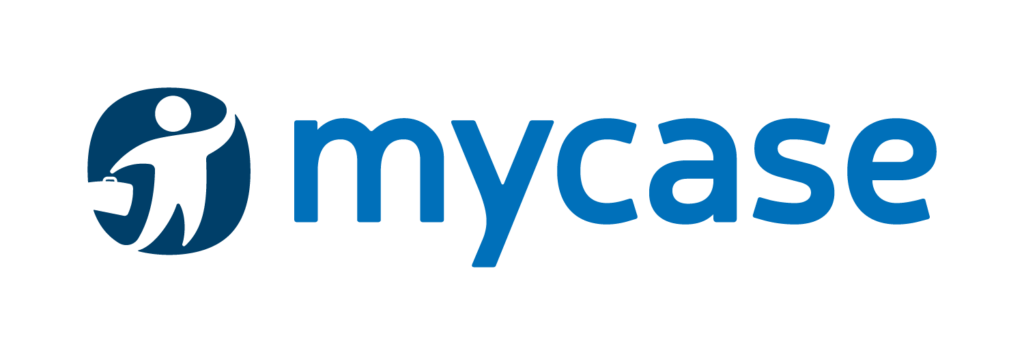California Lawyers Association
Everything You Need to Know About Legal Calendaring Software

This is a sponsored article.
When it comes to client intake and appointment scheduling, law firms face some serious challenges. In fact, keeping track of everyone’s daily schedules and assignments can become a task in and of itself.
Sound familiar? If so, then you’re likely not using the right legal calendaring software.
By implementing a legal calendaring solution, tracking the ins and outs of the daily activities occurring at your law firm will become easier than you’ve ever imagined.
Introducing Legal Calendaring Software
Long before online legal docket software was available, lawyers were forced to calculate deadlines manually. This was a time-consuming process that often resulted in costly errors and malpractice. However, with the advent of online calendars and docketing software, lawyers no longer need to rely on inefficient, paper-based tickler systems for their firm’s litigation calendar.
Modern law firms can depend on online tickler software to manage deadlines and provide oversight features and shared calendar access to everyone in their firm so that crucial tasks never fall through the cracks.
What Does Legal Calendaring Mean?
Using legal calendaring, you can access current and potential clients’ information and manage your firm’s calendar no matter where you’re working from.
With these functionalities in the cloud, you’re able to make sure that everyone is on the same page when it comes to managing your current cases and your firm’s relationships with its clients and potential clients.
Is your firm in the minority and still using outdated or clunky law office calendar software? If so, you’re taking on far too much risk and missing out on the many key benefits of legal calendaring software.
Top Features to Look for in Calendaring Software
Running a law firm is no small feat. You’re tasked with calendaring court deadlines, overseeing attorney and staff performance, ensuring client satisfaction, and much more. Online legal calendaring software streamlines this process by providing visibility into your law firm at a micro level, ensuring your firm is running smoothly at all times.
Law firms no longer need to struggle to figure out who’s handling a particular court appearance or when someone will be back in the office. When your firm’s daily activities are easily accessible via online calendaring tools, you’ll have a better understanding of the daily activities of lawyers in your firm and will always know what to expect each day.
Automated tasks and due dates
Calendaring software is the best way to track due dates for the work being done in your law firm. Using this software, you can easily be on top of tasks, legal deadlines, and streamline your firm’s processes.
When your firm adopts legal calendaring software with built-in workflow automation features, you’ll be able to say goodbye to age-old, manual processes of calendaring. Instead, you’ll be able to create customized, automated workflows at the start of every case.
With these workflows, you can then easily assign tasks to your assistants and track their progress.Workflows can even be created to track statutory and court deadlines by automating client intake so that task templates are automatically created for important dates that relate to specific types of cases or trials.
Built-in reminders
If your firm isn’t already using legal calendaring software with built-in reminder features, you’re at the risk of missing deadlines and appointments, which can result in lost time and money.
Law office calendar software with built-in reminder features allows lawyers to send task and event reminders to coworkers and clients using a variety of formats.
For example, by using staff tasks and events reminders, missed deadlines and meetings will become a thing of the past. Using this feature, which is built into law firm calendar software, lawyers can easily assign tasks and event reminders to other law firm members as well.
The same applies to clients, helping lawyers obtain timely information from their clients. That’s why legal calendaring is important to paralegals and other administrative staff in law firms.
Finally, SMS invoices and event reminders are also time-saving legal calendaring software functionality. These features expand the client communication methods available to lawyers, making it much easier to communicate with clients.
Rules-based calendaring
Before the advent of online legal calendaring software, case deadlines were tracked manually on paper, which was a complicated and unreliable process. Fortunately, rules-based calendaring offers an updated, superior way to track court deadlines.
This useful docketing software automatically applies the court rules and statutory deadlines of specific jurisdictions to the due dates of a particular matter at the start of a case. There’s no need for manual entry of each and every deadline for a litigation matter. Instead, rules-based calendaring systems do this for you and will likewise automatically recalculate deadlines if, and when, key due dates change.
The bottom line–law practice doesn’t have much room for human error.
Legal calendaring and docketing software solutions from MyCase will help you remove errors from the equation and, in turn, protect your firm from the risks of malpractice that can result from erroneous or missed deadlines.
